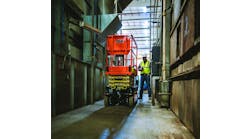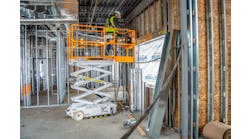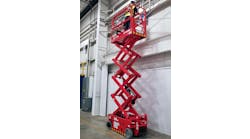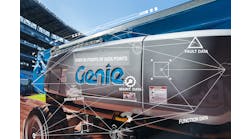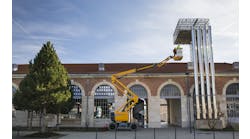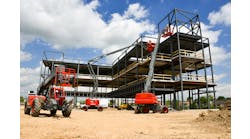RER recently interviewed several pump manufacturers for an article in June RER. Here RER’s Michael Roth interviews Bill Thompson, president of Thompson Pump, about new developments in the company’s technology, trends in pump rental, evolution in pumping methods and where the economy is going.
RER: What is new in your company’s line of pumps and what is unique about it?
Thompson: Like most equipment manufacturers, Thompson Pump is investing an enormous amount of time, money and assets to reconfigure our products to accept the Interim Tier 4 and Final Tier 4 diesel engines. In addition, since the cost to produce these units is significantly more expensive than current models, we are also offering portable pumps driven by alternative fuel engines — LP gas, natural gas, gasoline, hybrids, biodiesel and electric motors with variable frequency drives.
RER: What are the most important recent trends in pump technology and what are the most important trends to come?
Thompson: The high cost of fuel is dictating that pump manufacturers focus on designing and manufacturing pumps with higher efficiencies. Modern pumping applications are requiring higher volumes and higher pressure capabilities than ever before. To sum it up, our mantra is: bigger, more powerful, greater performance, greener, quieter and more efficient.
RER: How is the equipment rental market changing for pump rentals and what trends do you see upcoming?
Thompson: We see the general rental stores as good providers of pumps for everyday dewatering and typical applications. Applications that require higher capabilities and technical support are becoming the realm of specialty pump rental companies. These applications often involve substantial engineering, design, installation, operation, service and maintenance support. I anticipate that this trend will continue to be prevalent going forward.
RER: What level of training and knowledge is required for a rental company to be successful in pump rentals? What level of training should rental companies provide to their customers?
Thompson: Contractors and other end-users are more reliant on rental companies for knowledge and support than ever before. It certainly behooves all rental companies to ensure that their staff is up to date on the changes in technology as they pertain to their product lines. The equipment manufacturers must play an even greater role than ever before. Simply supplying an instruction manual no longer cuts it.
Safety, environmental factors and general risk management considerations are top priorities in today’s world.
In addition, support from the manufacturer must include training on the features & benefits of the product; how to operate & use it properly; how to determine appropriate applications; and how to service, maintain, repair and trouble-shoot it.
RER: What markets for pump rentals do you see as most important in the coming years — i.e., construction, industrial, homeowner/light contractor and energy markets?
Thompson: Although I’ve been in this business for 42+ years, I see new applications for portable pumps more frequently than you would expect. While the concepts are old — dry the ditch, move the fluid, by-pass the lift station — the methods are constantly evolving.
RER: How do you see the economy in the foreseeable future?
Thompson: A lot will depend on the upcoming elections in November. If we develop an intelligent energy policy, focus on only reasonable and necessary regulations based upon cost/benefit analyses, long-term dedication to infrastructure improvements and sound fiscal policies from the top down, we’ll do just fine. If we continue to spend more than we take in, continue to be short-sighted, dogmatic and unrealistic, we’re in for a long period of stagnation.
